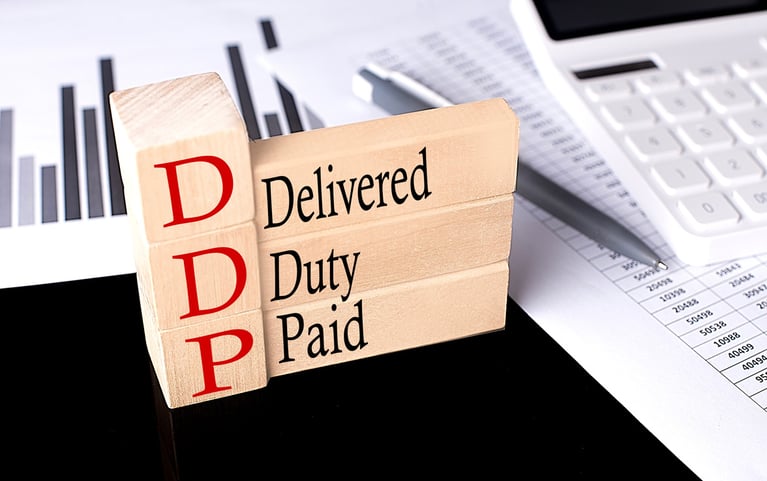Navigating the complex world of international shipping can be daunting, especially when it comes to managing costs. For UK businesses importing goods from China, strategic planning and execution are vital to reduce expenses and enhance efficiency.
Here we delve into some of the ways to be cost effective when shipping from China to the UK.
Understand Your Shipping Options
1. Choose the Right Mode of Transport
Shipping from China offers several options, each with its own cost implications:
- Sea Freight: Ideal for large, heavy shipments. It is the most cost-effective method for bulk goods but also the slowest.
- Air Freight: Suitable for urgent shipments. It's faster but significantly more expensive than sea freight.
- Rail Freight: A middle ground between air and sea, offering reasonable speed at a moderate cost, especially useful for shipments from Western China to Europe.
Understanding the pros and cons of each option and aligning them with your business needs and timelines can substantially lower costs.
2. Opt for Consolidation
Consolidating shipments can lead to substantial savings. By combining smaller shipments into a full container load (FCL), you not only secure better rates but also reduce the risk of damage and loss during transit. If FCL is not possible, consider less-than-container loads (LCL), though be aware this might increase handling costs.
Leverage Technology
3. Implement a Supply Chain Management System
Utilising advanced supply chain management software helps optimise routes, manage inventory, and streamline operations. These systems provide real-time data and analytics, helping to make informed decisions that cut costs and improve efficiency.
4. Use Freight Forwarders
Freight forwarders can be invaluable in navigating the complexities of international shipping. They offer:
- Negotiated rates based on their relationships and bulk handling capabilities.
- End-to-end services, including customs clearance, warehousing, and local distribution.
- Expertise and advice on the most cost-effective routes and methods.
Optimise Packing and Routing
5. Efficient Packaging
Reducing the weight and volume of shipments can lead to lower shipping costs. Design your packaging to be as compact as possible while ensuring the safety of goods.
6. Choose the Best Routing
Direct routes are generally faster and cheaper, but not always available. Analyse different routing options to find the optimal balance between cost and time.
Regulatory Compliance and Timing
7. Stay Updated on Regulations
Ensuring compliance with both Chinese export and UK import regulations is critical. Non-compliance can result in delays, fines, and added costs. Keep abreast of changes in trade policies, especially in the context of Brexit implications.
8. Time Your Shipments Wisely
Shipping rates can fluctuate based on seasonality, demand, and geopolitical factors. Planning your shipments during off-peak times can result in lower costs.
Build Strong Relationships
9. Develop Good Supplier Relations
A strong relationship with your Chinese suppliers can lead to better pricing, priority shipments, and reliability. Regular communication and visits can strengthen these ties.
10. Network for Better Deals
Engage with other businesses and trade organisations to share insights and possibly collaborate on shipments. This networking can open up opportunities for co-loading which can further drive down costs.
Effective shipping cost management requires a mix of strategic decision-making, operational efficiency, and up-to-date knowledge of logistics and regulatory environments. By adopting these practices, UK businesses can achieve significant savings and gain a competitive edge in their operations.
For supply chain managers and directors looking to optimise their shipping strategies from China to the UK, these guidelines serve as a starting point for refining processes and cutting unnecessary costs. Remember, every decision counts when it comes to improving your bottom line in international trade.
Whatever the next steps for the industry, the best action for any shipper is to remain informed. Subscribe to our Market Update to receive weekly logistics industry news and freight rate forecasts straight to your inbox. Whether it's an unexpected crisis like the ongoing Red Sea issues, or legislation changes, you’ll never miss a development.



.png?width=600&height=180&name=Copy%20of%20Single_piece_of_content_under_banner_image%20(2).png)



